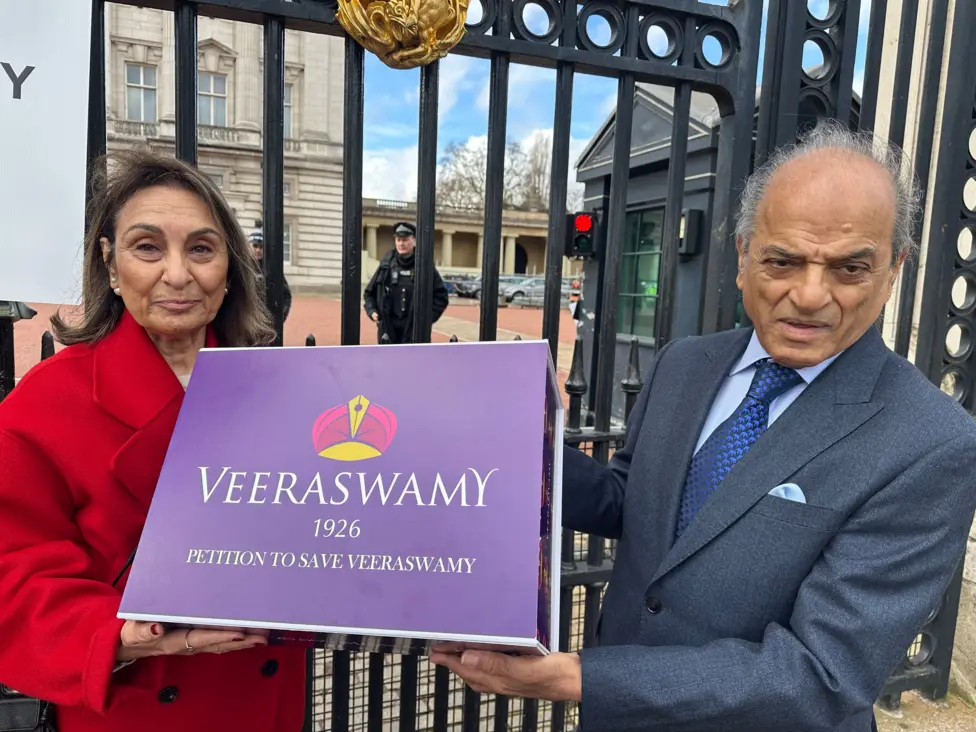The latest summary judgement decision has been handed down by the High Court on whether commercial tenants are obliged to pay rent whilst their premises have been closed due to Coronavirus restrictions.
In the case of Bank of New York Mellon v Sports Direct and others, the judgement stated there was no justification for the tenants to withhold rent as a result of pandemic closures and loss of business.
This judgement closely follows the ruling earlier this month which saw the High Court order retail business The Fragrance Shop to pay more than £160,000 in unpaid rent and service charges to Westfield London’s owners.
Graham McIntyre, partner and property litigation specialist at national law firm Clarke Willmott LLP, said: “For the last year some landlords have complained about the raft of tenant protections brought in by the government which have restricted a landlord’s ability to forfeit, use CRAR (bailiff recovery) for non-payment of rent and restricted winding up petitions and statutory demands for most arrears.
“This case is the latest in a run of cases where the Court has in effect refused to acknowledge a specific Covid defence which would have required words being added to the lease by implication. This is helpful to landlords.
“The position taken by the legislature (legislating to protect tenants) and the judiciary (refusing to ‘create’ a Covid defence out of case law) creates an interesting tension. While the tenant protections on forfeiture, CRAR and insolvency remain in place, there is nothing to stop landlords from issuing proceedings for arrears. And we are seeing landlords increasingly lose patience with uncommunicative tenants and take this step.”
The tenants in this case were unsuccessful on all grounds. The judge felt sympathy for them whilst also noting that the landlords are, in effect, trustees for others, including pensioners.
The government has published a call for evidence which will ‘support the government’s decision making on the best way to withdraw or replace these measures while preserving tenant businesses and the millions of jobs that they support’.
If there is evidence that productive discussions between landlords and tenants are not taking place, and that this represents a substantial and ongoing threat to jobs and livelihoods, it is likely the government will intervene further.
Graham continued: “Landlord and tenant collaboration is clearly the government’s preferred answer. The government published a voluntary Code of Practice for commercial property relationships during the COVID-19 pandemic encouraging landlords and tenants to work with each other to ensure viable businesses survive.
“Now the government has published a call for evidence on the landlord tenant relationship and how the Code is working in practice. The results of this will inform what action it takes after the various tenant legislative protections end. In times of uncertainty the law must provide a solid, practical and predictable foundation and it is for Parliament to change the position.
“In the meantime, our repeated advice is always to keep an ongoing dialogue where there are financial difficulties. While landlords hands are tied to a large extent in terms of forfeiture, CRAR and insolvency, in the usual course landlords will succeed at Court for contractual rent arrears claims.”

















